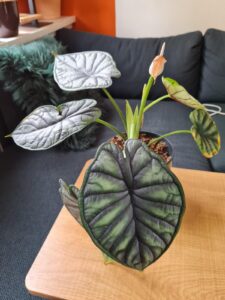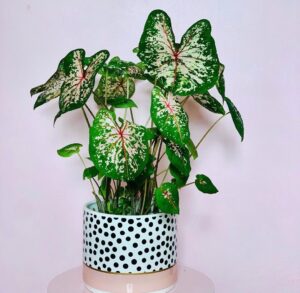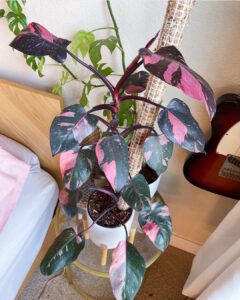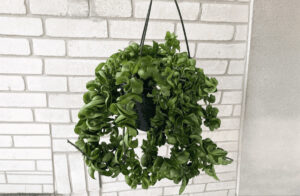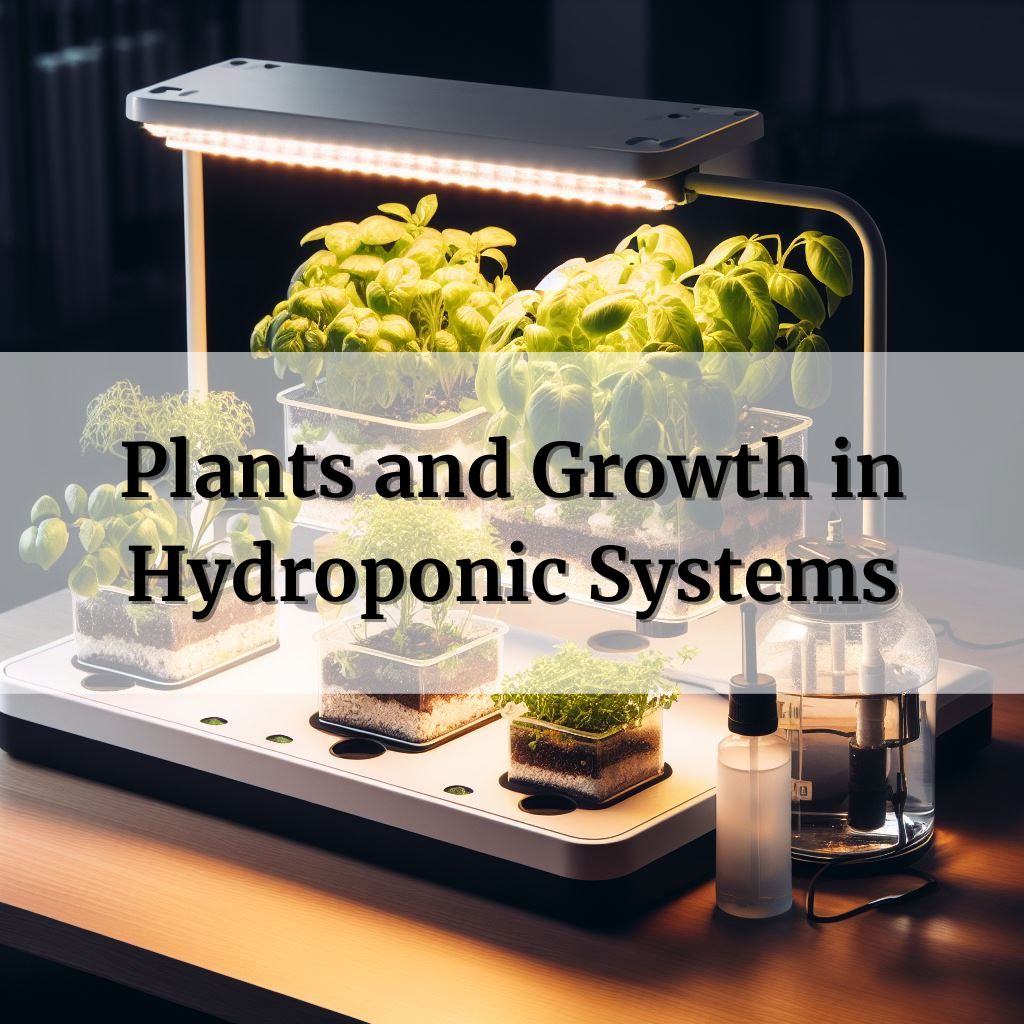
In this article, we’ll take a look at plants and growth in hydroponic systems. We’ll cover everything from the types of plants that thrive in hydroponics to the possibility of transferring them to soil. So, let’s embark on this thrilling horticultural adventure!
In this article
Getting Down to the Roots of Hydroponics
Before we jump into the nitty-gritty, let’s address a couple of commonly asked questions:
Can Hydroponic Plants Grow in Soil?
The short answer is no. Hydroponic plants have been raised in a controlled environment, relying on nutrient-rich water instead of soil. The soil-less nature of hydroponics is the very essence of this method. The plants receive all their necessary nutrients directly through water, ensuring efficient growth.
Which Plants Grow Hydroponically?
A wide variety of plants can thrive in hydroponic systems. Some popular choices include:
- Leafy Greens: Think vibrant lettuce, spinach, and kale.
- Herbs: Basil, mint, and cilantro flourish in hydroponic setups.
- Tomatoes: These juicy red gems thrive in hydroponics.
- Cucumbers: Crisp cucumbers grow beautifully in these systems.
- Peppers: Spicy or sweet, peppers love hydroponics.
The Growth Miracle of Hydroponics
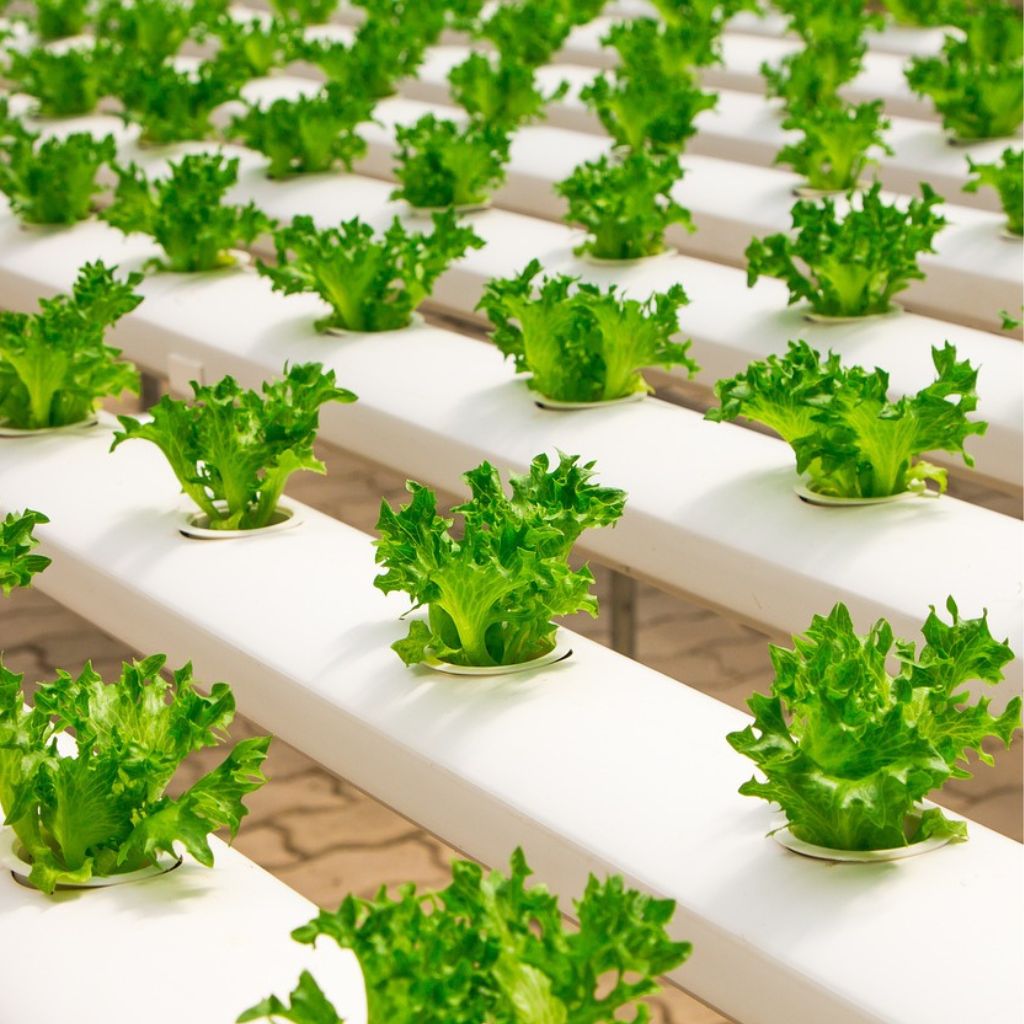
Hydroponics might seem like an unusual way to grow plants, but it’s nothing short of a growth miracle. Here’s why:
- Water Efficiency: Hydroponics uses up to 90% less water compared to traditional soil-based gardening. This eco-friendly approach conserves this precious resource.
- Faster Growth: Plants in hydroponic systems grow up to 50% faster due to the direct nutrient access. This means you’ll be enjoying your harvest in no time.
- Year-Round Gardening: Forget the limitations of seasons. Hydroponics enables year-round cultivation, so you can have fresh produce even in the dead of winter.
- Pest and Disease Control: With no soil to harbor pests and diseases, you’ll spend less time battling garden foes.
Transplanting Hydroponic Plants to Soil
Now, a question that might cross your mind: Can I transfer hydroponic plants to soil? Yes, you can transfer hydroponic plants to soil, but it’s not a simple process. Plants grown hydroponically have unique requirements that need to be met when transitioning to soil. Here’s a general guideline:
- Prepare the Soil: Ensure your garden soil is nutrient-rich and well-aerated.
- Gentle Transition: Gradually introduce your hydroponic plant to soil. Start with a mix of hydroponic medium and soil before shifting to soil entirely.
- Monitor Closely: Keep a close eye on your plants. They may experience transplant shock, so make sure they receive the right care during the transition.
- Soil Adaptation: Over time, your hydroponic plant should adapt to soil conditions and start growing as it would in a traditional garden.
Remember that not all hydroponic plants will successfully make the shift, so some experimentation might be required.
Growing Onions Hydroponically
You might be wondering if it’s possible to grow onions hydroponically. The answer is a resounding yes! Onions, both green and bulb varieties, can flourish in hydroponic systems. Here are some quick tips for cultivating hydroponic onions:
- Choose the Right Variety: Opt for onion varieties that are well-suited for hydroponics, such as ‘Evergreen Bunching’ for green onions or ‘Candy’ for bulb onions.
- Temperature and Light: Onions prefer cooler temperatures and plenty of light, so make sure to provide them with the ideal conditions.
- Nutrient Solution: Ensure your nutrient solution has the right balance of essential elements, including nitrogen and phosphorus.
Frequently asked questions
Which Vegetables Can Be Grown Hydroponically?
The list is extensive and includes tomatoes, cucumbers, lettuce, and peppers, among others. Hydroponics offers a versatile platform for various vegetables.
Can Hydroponic Plants Be Planted in Soil?
Yes, hydroponic plants can be planted in soil, but the transition requires careful attention and monitoring. Not all plants may adapt successfully to the change.
Are Hydroponically Grown Vegetables Safe to Eat?
Yes! Hydroponically grown vegetables are safe to eat and are often considered even cleaner than soil-grown ones due to the reduced risk of soil-borne contaminants.
How Do I Choose the Right Hydroponic System?
The choice of a hydroponic system depends on your available space, the type of plants you want to grow, and your budget. Systems like Deep Water Culture, Nutrient Film Technique, and Ebb and Flow are popular choices.
Can I Grow Fruits Hydroponically?
Yes, you can grow some fruits hydroponically, although it might be a bit more challenging than vegetables. Strawberries, melons, and citrus fruits are some options to consider.
So there you have it, the ins and outs of plants and growth in hydroponic systems. It’s a captivating and efficient way to nurture a wide array of plants, offering impressive growth rates and year-round gardening opportunities.
Whether you’re interested in leafy greens, herbs, or even onions, hydroponics has got you covered. Happy gardening!

